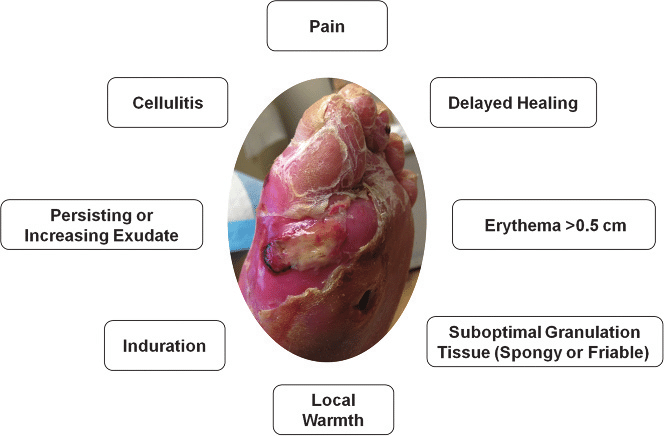A nurse is caring for a patient who is to undergo a total knee arthroplasty. Which of the following actions should the nurse take when participating in the informed consent process?
Verify that the patient is giving consent voluntarily.
Explain the amount of pain the patient will have following the procedure.
Tell the patient the names of other health care providers who will participate in the surgery.
Inform the patient of the possible outcomes if they do not receive the treatment.
The Correct Answer is A
Choice A reason: It is essential to ensure that the patient's consent is given freely without coercion. This is a fundamental ethical principle in healthcare.
Choice B reason: While it is important to discuss postoperative expectations with the patient, explaining the amount of pain is not part of the informed consent process but rather part of preoperative education.
Choice C reason: Providing the names of the healthcare team members is not a required element of informed consent, although it may be part of the broader communication with the patient.
Choice D reason: Discussing the consequences of not undergoing the procedure can be part of the informed consent process, but the primary action is to confirm voluntary consent.
Nursing Test Bank
Naxlex Comprehensive Predictor Exams
Related Questions
Correct Answer is B
Explanation
Choice A reason: Increased length of stay is not a direct outcome of preoperative teaching and depends on many factors.
Choice B reason: Reduced postoperative respiratory function can be a concern, and preoperative teaching aims to mitigate this risk by educating on breathing exercises and mobilization.
Choice C reason: Preoperative teaching should help manage expectations and pain control strategies, not increase postoperative pain.
Choice D reason: Preoperative teaching should aim to reduce anxiety by providing information and reassurance, not induce it.
Correct Answer is A
Explanation
Choice A reason: Swelling and tenderness around a wound are common signs of infection. The body's inflammatory response to the invading bacteria causes these symptoms.
Choice B reason: Serosanguineous drainage, which is composed of both blood and a clear yellow liquid called serum, is typically a normal part of the healing process and not necessarily a sign of infection.
Choice C reason: Bromocriptine is a medication and not a sign of wound infection. This choice seems to be a distractor and does not relate to the clinical signs of a wound infection.
Choice D reason: Urticaria, also known as hives, is a reaction that can be caused by an allergy, stress, or other factors, and is not a direct sign of wound infection.

Whether you are a student looking to ace your exams or a practicing nurse seeking to enhance your expertise , our nursing education contents will empower you with the confidence and competence to make a difference in the lives of patients and become a respected leader in the healthcare field.
Visit Naxlex, invest in your future and unlock endless possibilities with our unparalleled nursing education contents today
Report Wrong Answer on the Current Question
Do you disagree with the answer? If yes, what is your expected answer? Explain.
Kindly be descriptive with the issue you are facing.
